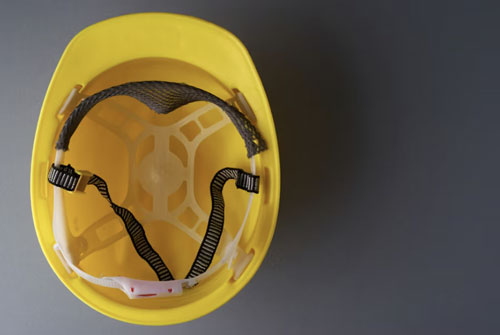Back on the blog horse, and dipping my toe in. (Aha! Master of the Mixed Metaphor! To dip my horse hoof in? My blog’s equine lower digit…?)
This year, as I return to my blogging habit (it’s been a very very busy fall), I am of the mind to make this space much more topical, much less a preview of the sermon…but we’ll see how that goes.
Here’s the first topic, designed to get discussion going. Ready?
[Sound of empty warehouse. The echo of water dripping in the background].
What is Postmodernism? And why does it matter?
I came across this very succinct and interesting (and well done, in my opinion) video about just that question. I think it does a very very good job of responding to a question to which (characteristically) there IS no answer, at least no ONE answer. There are only answers.
Watch it and then read on…:
[youtube=http://www.youtube.com/watch?v=oL8MhYq9owo&fs=1&hl=en_US]
What does this mean in terms of one’s relationship to and experience of faith? Does it matter if we believe in even the possibility that there is such a thing as “truth”? How does one hew to a Christianity that indeed does make some pretty serious claims about the Truth with a capital T, in an era in which the postmodern soup we’re swimming in holds that there is no Truth, just your truth and mine?
So – will leave it at that. Love to hear your thoughts. Are you a postmodernist? And if so, how would you define that?
As for the sermon this Sunday – I have not completely jettisoned the idea that a spin through some of the texts for Sunday is a good idea. But my hope is to be more oriented here toward the questions, than the conclusions.
So…the texts: 2 Timothy 2:8-15, and Luke 17:11-19. Here are the questions rattling around in my head as I prepare for the sermon on Sunday:
IN the 2 Timothy passage, I wonder: how does Paul arrive at such a state, wherein he can say, “If we have died with him, we will also live with him…”? He seems to understand his suffering as purposeful, useful even, “for the sake of the elect.” As an aside, I wonder what Paul would make of his own letter in light of postmodernism.
PERHAPS more on my mind are questions about the Luke 17 passage.
* How are gratitude and healing related? This is where I think I’m going in my sermon.
* More specifically, do we assume that all 10 lepers were indeed “healed”? The Greek word in verse 14 is: Katharizo. To be made clean. Extra credit for those who do a bit of word study on it. Does this word imply that they were all “healed”? The next line reads, “then one of them, when he saw that he was healed, turned back….” The word here for healed is Iaomai. Is that different from “being made clean”? Extra extra credit: what does it mean that Jesus says at the end of the story, in verse 19, “…your faith has made you well?”
For now, that’s all from the grab bag. Love to hear from (*gulp*) anyone out there.
Blessings!
Jeff V.



